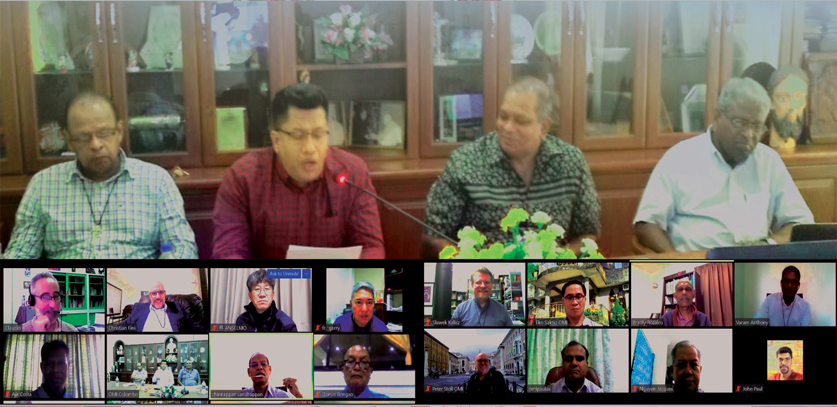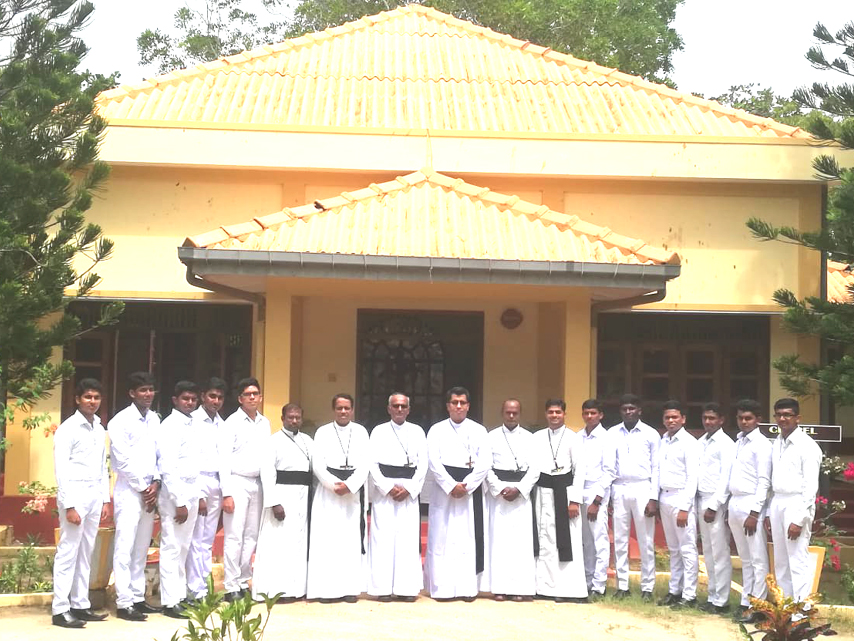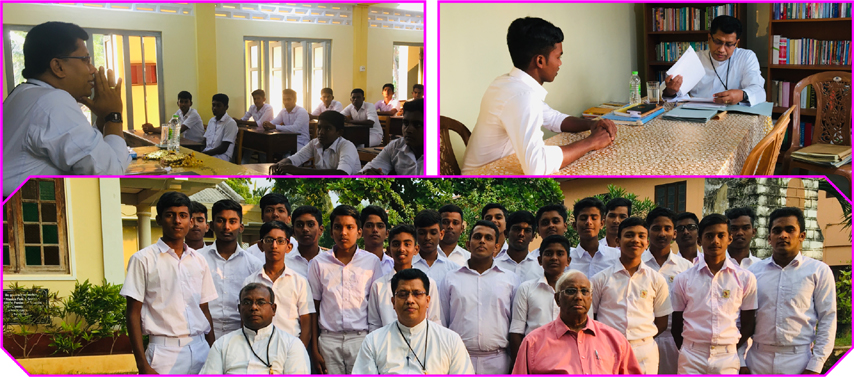Author: Webmaster
Father singare was born on 2nd July 1920 at madhalegal. He was from the perishop Saint Thomas madhale in the dioces of jaffna. His parents were bastyam pillai Singh rare and rosama Sandhya pillai he was the elders in the family among four siblings to boys and two girls he had his primary education at Saint Thomas school at madhaghal and his secondary education both at Saint Patrick's college from 1934 to 1936 and at Saint Henry's college atullai from 1970 to 1940 his family was very religious in nature and all his brothers and sisters were strictly formed by the apparents to be pious and will disciplined.
Marudhasan Bose desirers of dedicating his whole life to serve God and his people by becoming an oblite religious priest from his early age he was attack by father is Peter or your mind the recommending oblite and by father beard who was the Paris priest.




